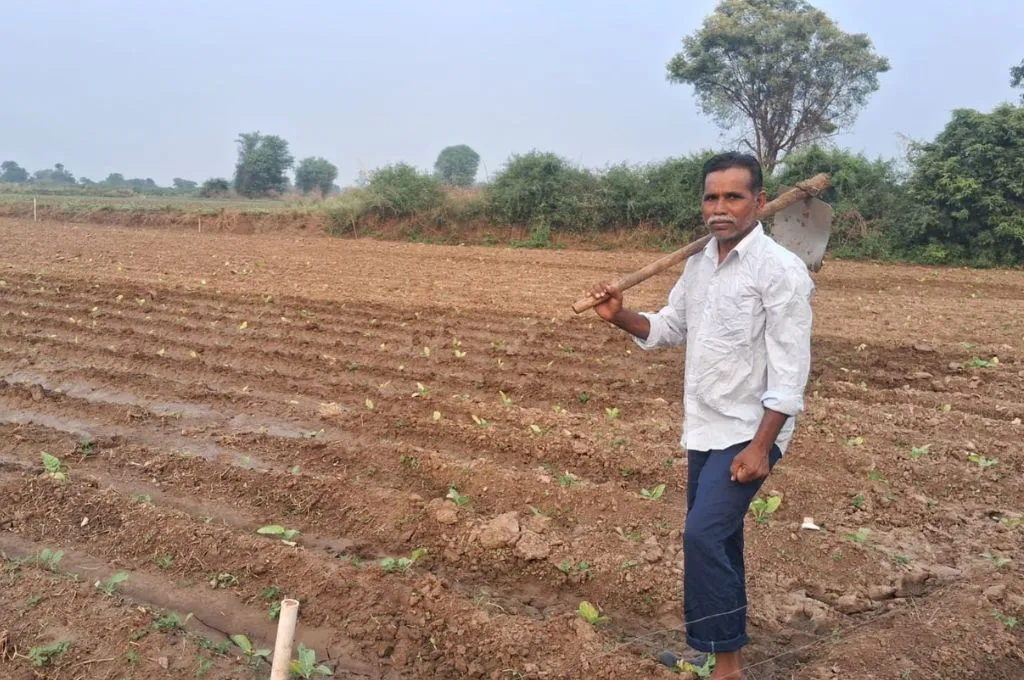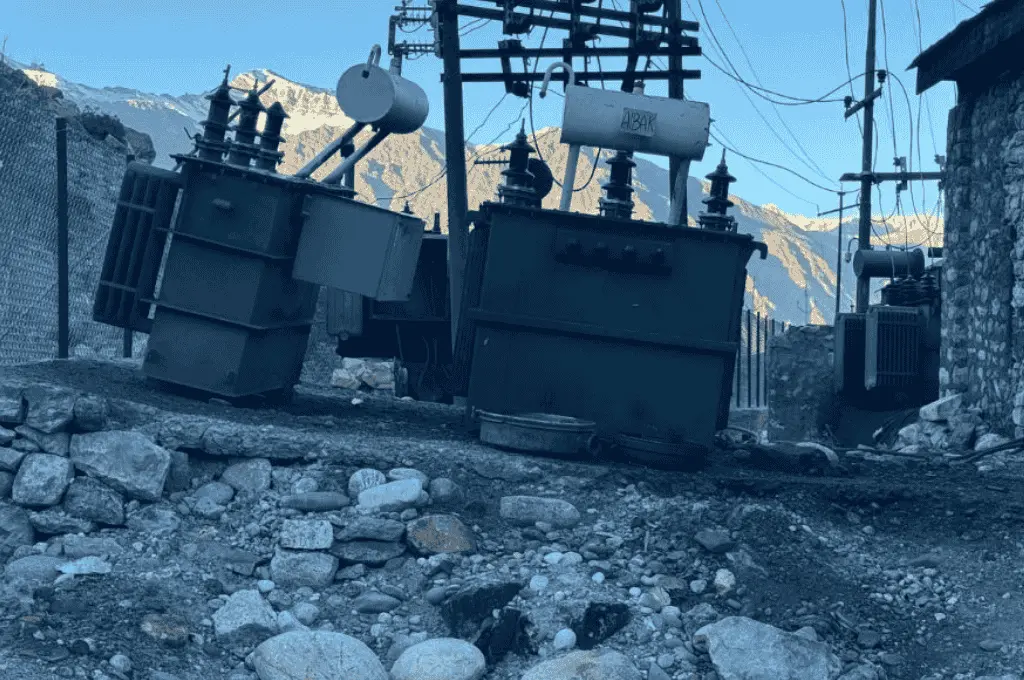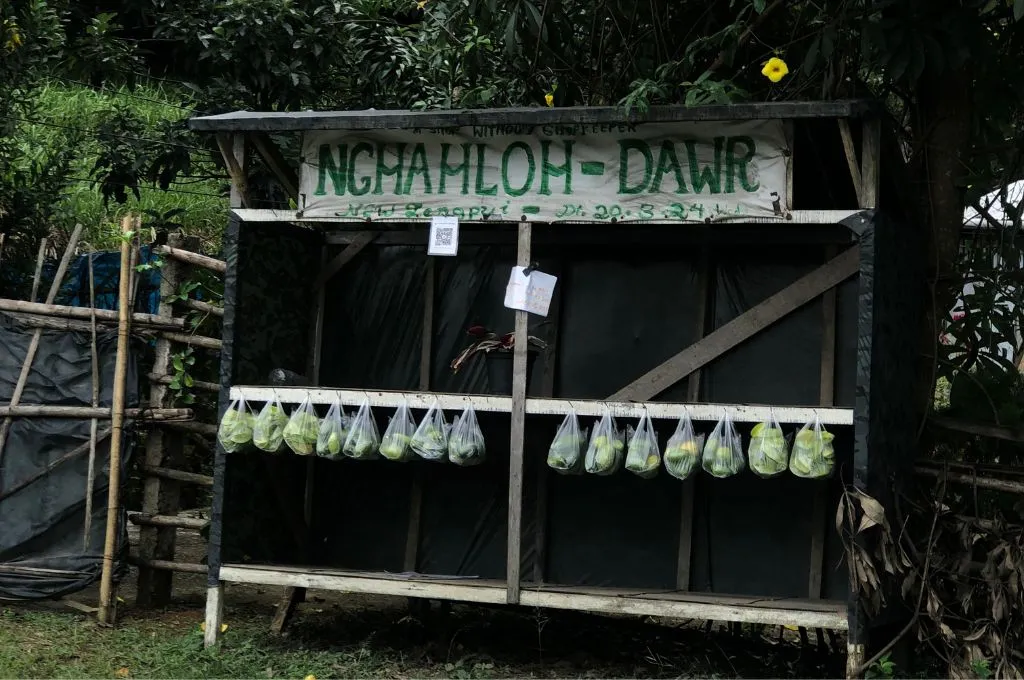Where porous borders between countries exist, it is common for people’s social and economic spheres to span both sides of the line. Such is the case for the communities in Bihar living near the Nepal border. The COVID-19 pandemic and the ongoing border dispute between India and Nepal have truncated movement for these communities, and have resulted in many negative consequences.
Take for example, Dallegaon village in Kishanganj, where we came across a hamlet with roughly 200 families, most of whom had women working in tea gardens on the Nepal side of the border. For them, the end of the lockdown in India has not resulted in access to their livelihoods and income.
When asked how she is dealing with being cut off from her regular work, Nagma Khatun* said she was trying to work in other local farms, but that work has been irregular, especially due continual rains. Desperate for work, some have tried to enter Nepal anyway. Farukh Alam*, who also worked in a tea garden in Nepal, said “Because of the lockdown, we can’t go to Nepal; if we try to go there, then the police hit us, so then we run from there and come back home.”
The loss of livelihoods is affecting more than just the tea garden workers in Dallegaon. The landscape of the village has made it extremely difficult for its daily wage labourers as well. To understand this, picture half of a village sandwiched between the Nepal border and the Mechi River—without direct road access to the other half. This means that villagers looking for work or needing to travel to the block office on the other side have to travel approximately 250-300 meters by boat to get there. With regular rains and flooding, this journey is fraught with danger. Understandably, this has restricted mobility further, and as a direct result has cut down the work labourers can find.
Because of the rain and flooding, houses located on the river banks were forced to set up tents next to the railway track, as that is the only non-flooded land in the area. In a region with high levels of poverty even pre-COVID-19, the lockdown pushed people into deprivation, and the flooding has further pushed them to the brink, with many families fighting for survival.
*Names changed to protect identity.
Zubin is the founder and CEO of Project Potential.
—
Know more: Read how people who live in flood-prone parts of eastern India are at the risk of facing flood-induced displacement alongside the COVID-19 pandemic .
Do more: Connect with the author at zubin@projectpotential.org to understand more about and support his work.



